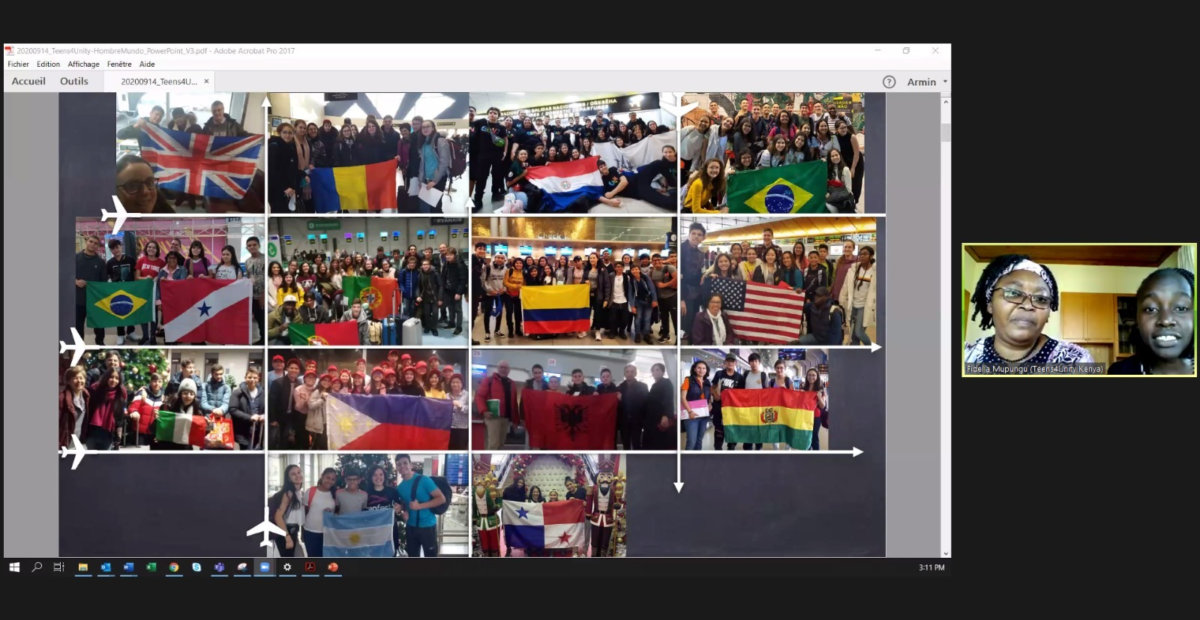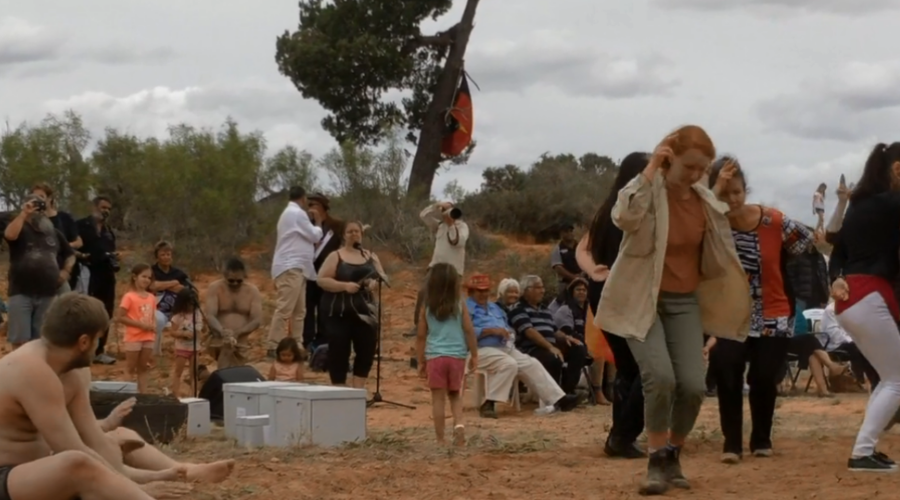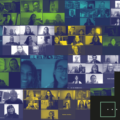
Workshop
Global citizenship education is the key to progress on Global Goals

By Conleth Burns
The NGO-UNESCO Liaison Committee, Monday, September 14, organized a webinar: “The voice of NGOs: global citizenship to stimulate inclusion and diversity”. Among the speakers were Fidelia and Audrey, representatives of Teens4Unity, an affiliate member of New Humanity.
On Monday, September 14, Teens4Unity, an affiliate member of New Humanity, participated with its own experience in the webinar “The voice of NGOs: global citizenship to spur inclusion and diversity” organized by the NGO-UNESCO Liaison Committee.
Opening the webinar Cecilia Barbieri, Chief of the “Global Citizenship and Peace Education section” at UNESCO, stressed the crucial role played by civil society organizations in the educational field, and specifically in the achievement of the fourth Sustainable Development Goals of “Quality Education” by 2030. This objective aims to “ensure inclusive and equitable quality education and promote lifelong learning opportunities for all”. According to Barbieri, global citizenship education has become even more relevant and necessary during this pandemic.
During the webinar, Fidelia, one of the leaders of Teens4Unity in Kenya, shared the model of the “Hombre Mundo” (“World Person” in Spanish) camps, which aim to educate new generations of global citizens. The formula is simple: a two-week international camp in which teenagers from different cultures participate. During the first week, young people are challenged to overcome prejudices and nationalism and to undertake a journey together to discover the gifts of their own and others’ cultures. The second week, on the other hand, focuses on learning through action: teenagers visit and contribute to established projects in local communities, where they learn how to serve and respond to the different needs of the community.

Audrey, a Kenyan teenager, took part in one of the camps was able to share the transformative experiences lived by some of her peers. For example, the 2017 Hombre Mundo camp in Patzún, Guatemala which brought together young people from six Central American countries with a vast cultural and ethnic diversity. “Here, they worked on a tree-planting project with an indigenous community,” explained Audrey, “so they learned to appreciate that each culture has much to share.” Also, in 2017, Audrey continued, a camp took place in Eastern Europe, which helped build a friendship between Ana (a Serbian teen) and Luka (a Croatian teen). Friendship that helped them to overcome the pain of a war that divided their peoples and whose scars still struggle to heal today.
These transformative experiences are, undoubtedly, shared by the many hundreds of young people who’ve taken part in these Hombre Mundo camps. But is there something to be learned from these experiences? Can they help us accelerate progress towards the Global Goals?
Fidelia explained that the key lesson of the Hombre Mundo workshops is the ‘Head, Hearts, Hands’ method: an education based on knowing (head), loving (heart) and acting (hands). The young people are then leaders in setting the agenda of the program, they work alongside the facilitators and animators as equals, they have the space to reflect and share on all topics. Like many Global Citizenship Education initiatives, the impact is not immediate. It is not seen immediately in the classroom or during the workshop. The effect is, however, absolutely clear when the students return to their communities and activate change.
Other initatives presented include that of: Leonard Cheshire, a British NGO that supports people with disabilities globally; the International Council of Jewish Women, which shared its experiences of interfaith dialogue in Europe and South Africa’; and the Women’s International League for Peace and Freedom, which campaigns on the need for feminist perspectives to enrich the concept of global citizenship.
Cecilia Barbieri concluded the webinar by stressing the necessity for lifelong learning and the importance of access to such learning, including training on global citizenship.
Five years have passed since world leaders signed up to achieve the Global Goals by 2030. This was a plan to, among other things, end poverty, fight inequality and beat climate change. With 10 years to go, we are really behind. Now, more than ever, we need effective projects and commitments to unlock progress towards the Sustainable Development Goals.






